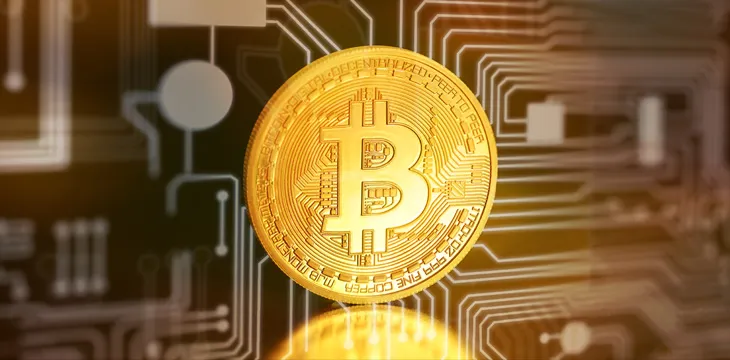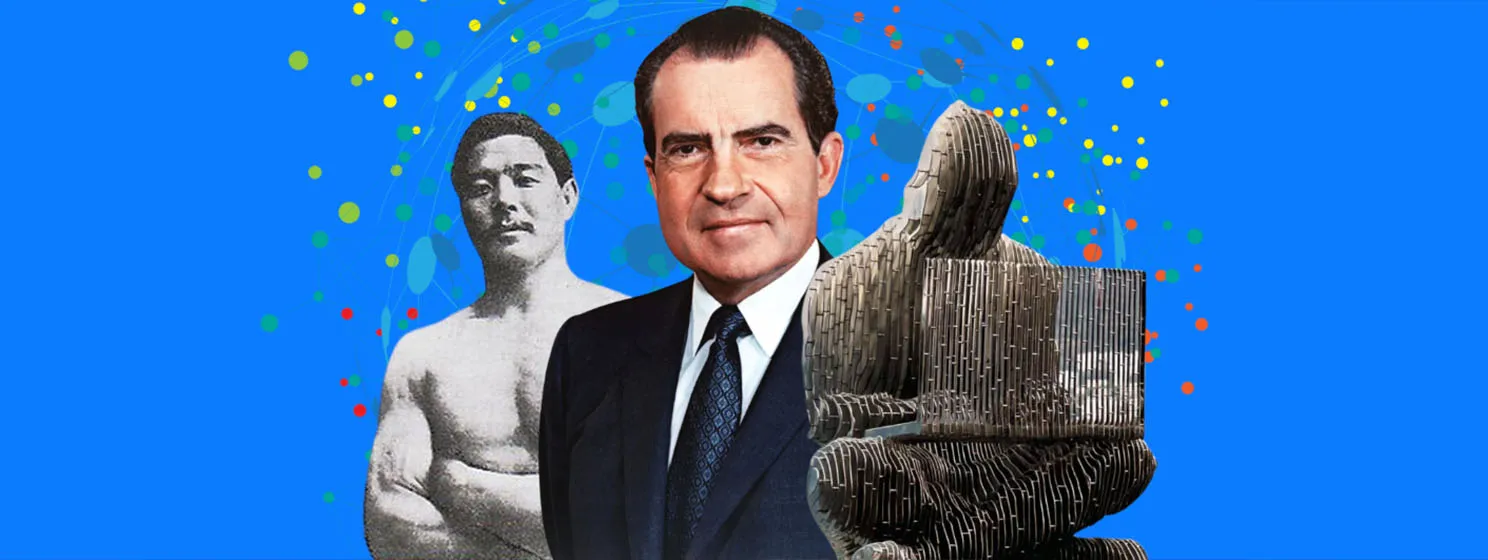|
Getting your Trinity Audio player ready...
|
It’s ten years since publication of the Satoshi white paper proposing Bitcoin, but the crypto revolution is still in its infancy—or childhood, at least. Most people have heard of crypto but don’t really understand it. If you know a bit and someone asks you to explain, despite your best efforts your listener will probably end up more confused than ever—or just wishing they’d never asked. And after their questions, you may realise you don’t really understand much either. (OK, I admit it—I’m talking about myself.)
Are the complications of crypto a problem? Maybe not. By the time millions of people are using cryptocurrencies and blockchain applications, the technical details will be hidden and the average user won’t need to take an interest, any more than they now do in how the internet works. (Transmission control protocol, anyone?)
In a former life, as a BBC documentary producer, I made a profile of Bill Gates. We interviewed his science teacher at the school where Gates first learnt about computers, along with Paul Allen, his school friend and future partner at Microsoft. Back in Bill’s day, the mothers’ club at the upmarket school had raised money to give the school a teletype machine linked to a mainframe computer at the local university. Gates and Allen made the most of it and became teenage computer experts. Gates’ dad said it was “almost an addiction” for the young Bill. But after they left school, the two knew exactly what they needed to do to set up a software company—and the rest is history.
We filmed the retired science teacher showing some of today’s pupils the original teletype machine that Gates and Allen had used. The teenagers were impressed: “It’s amazing. I wouldn’t even know how to start to make a program,” they admitted. As so-called ‘digital natives’, most young people are profoundly ignorant of how their devices actually work, however expert they are at using them. Bill’s teacher was shocked at their ignorance of the workings of computers.
It’s been that way throughout the tech business. Most of the first personal computer users were geeky enthusiasts—such as the members of the Homebrew Club, where Steve Wozniak showed off his early computers before founding Apple with Steve Jobs. Today’s Apple customers carry devices which are impossible for the user to open, let alone repair.
And that kind of evolution isn’t confined to modern tech either: Henry Ford began by designing and building cars in his own workshop, while today’s car industry bosses or drivers don’t need to know how engines work.
So what about crypto? Well by this measure, when most people who use the currencies or run the businesses behind them haven’t even heard of blockchain, then we’ll be making progress. Once all the technical stuff is out of sight and out of mind, then the average user will be happy. We’ll still need clever people to develop new uses and keep the systems working. But they’ll be able to get on with their jobs out of the public eye.
And people like me with only a smattering of knowledge won’t be trying to answer awkward questions like “so how does Bitcoin actually work?” From now on, I’m just going to say: “you don’t really need to know.”

 06-30-2025
06-30-2025 





